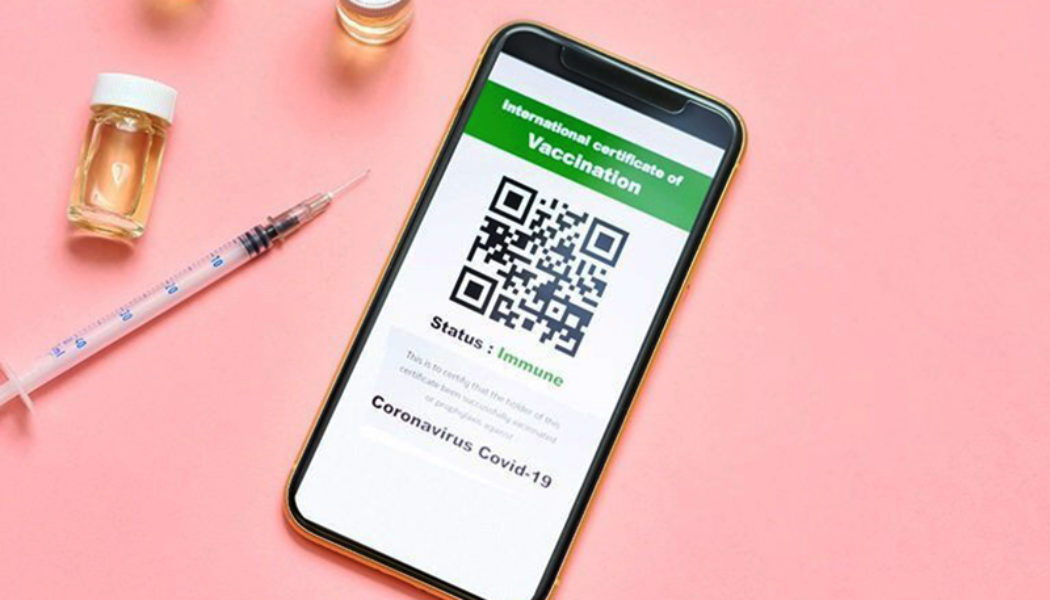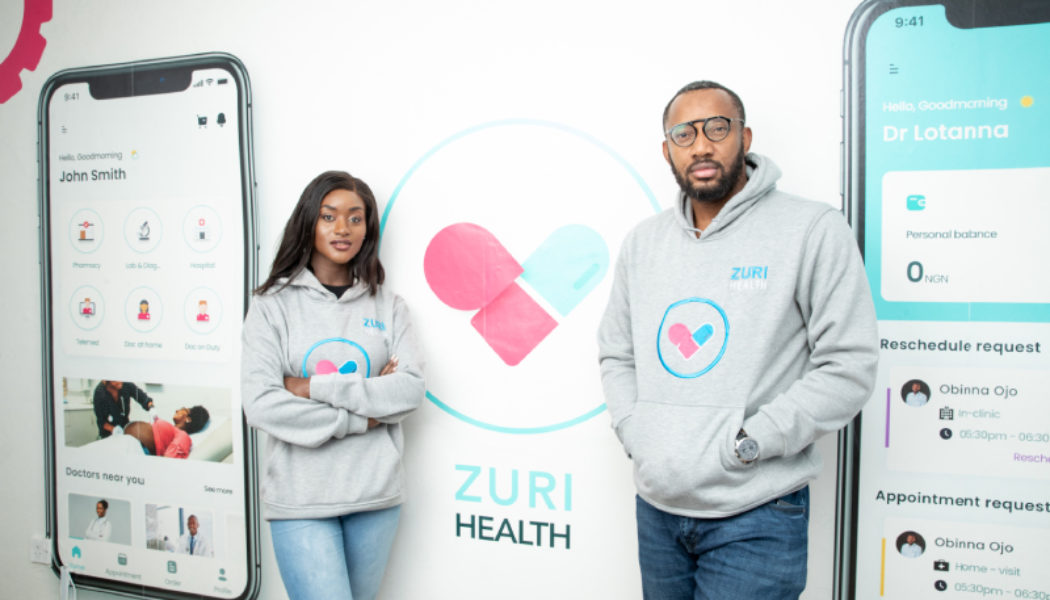African Healthtech
African Union Unveils New Digital Vaccination Platforms
We use cookies on our website to give you the most relevant experience by remembering your preferences and repeat visits. By clicking “Accept All”, you consent to the use of ALL the cookies. However, you may visit “Cookie Settings” to provide a controlled consent.
Kenya HealthTech Company Launches Universal Patient Portal
We use cookies on our website to give you the most relevant experience by remembering your preferences and repeat visits. By clicking “Accept All”, you consent to the use of ALL the cookies. However, you may visit “Cookie Settings” to provide a controlled consent.
Kenya HealthTech Company Launches Universal Patient Portal
We use cookies on our website to give you the most relevant experience by remembering your preferences and repeat visits. By clicking “Accept All”, you consent to the use of ALL the cookies. However, you may visit “Cookie Settings” to provide a controlled consent.
Health Cabinet Secretary Calls for More Investment in Health-tech in Kenya
We use cookies on our website to give you the most relevant experience by remembering your preferences and repeat visits. By clicking “Accept All”, you consent to the use of ALL the cookies. However, you may visit “Cookie Settings” to provide a controlled consent.
Unpacking 3 Healthcare Innovation Trends for 2021
A significant part of 2020 has been riddled with the COVID-19 pandemic, thus negatively affecting the healthcare sector. To combat some of these challenges, there are several healthcare innovations to look out for in the upcoming year. According to WHO Health Innovation Group (WHIG), sister group of the World Health Organization (WHO) whose premise is to endorse and pursue health innovation within the organization, “health innovation is to develop new or improved health policies, systems, products and technologies, and services and delivery methods that improve people’s health, with a special focus on the needs of vulnerable populations.” Following an article published by McKinsey & Company in November 2020, there are two key healthcare innovations to look out for in treating COVID- 19...
3 Digital Transformation Priorities for Healthcare Organisations in Africa
South Africa’s healthcare sector has conducted roughly four million COVID-19 tests with around 650 000 positive cases identified. While infection rates continue to climb in much of the developed and developing world, stringent measures to contain the coronavirus in South Africa have helped flatten the curve to the point where most normal economic activity can resume. While public efforts at hygiene and social distancing have certainly contributed greatly to the decline in daily case numbers, it’s undoubtedly the tireless work of the healthcare sector that has helped the country get through the greatest public health challenge in a century. Efforts to treat infected patients were complicated by a prevailing shortage of medical staff. The World Bank estimates South Africa has only 0.9 medica...













